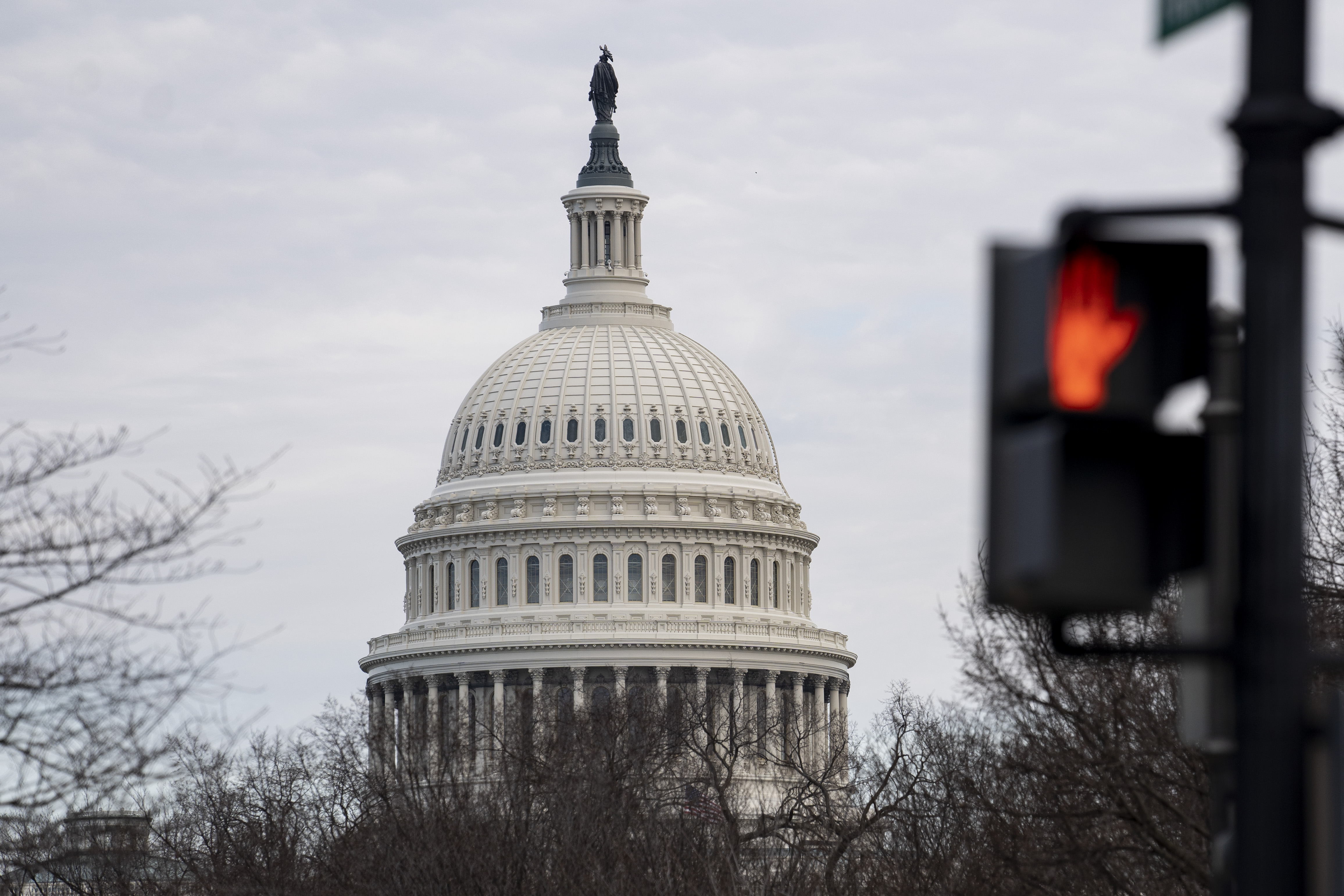In quest of stability
- By George N. Tzogopoulos
 0 Comment(s)
0 Comment(s) Print
Print E-mail China.org.cn, September 22, 2021
E-mail China.org.cn, September 22, 2021

The decision of the United States, Britain and Australia to enhance defense cooperation by signing the AUKUS pact reflects current American thinking about China, and is another example of its attempts to further project power in the Indo-Pacific region.
Apart from equipping Australia with nuclear submarines, concrete details about AUKUS are not publicly known. It is therefore premature to predict future developments – especially with regard to the international order. A cautious, or step by step approach seems wiser.
To start, the International Atomic Energy Agency (IAEA) announced that it would engage with the three countries on the matter. As its official announcement reads, the agency will do so in line with its statutory mandate and in accordance with the respective safeguard agreements of the U.S., Britain and Australia. China has already expressed concerns about nuclear proliferation, whereas Russia has demanded transparency.
However, the AUKUS pact not only received criticism from China or Russia, traditional U.S. allies also expressed frustration. France continues to seriously complain about the cancellation of a previous submarine deal with Australia that is to be replaced by the AUKUS procurement arrangements. While Washington aims to rally its partners against China, it risks disenchanting some of them. The French ire led President Emmanuel Macron to recall his country’s ambassador to the U.S. Although French-American relations will probably return to political normalcy soon, trust between the two countries has been seriously damaged.
EU foreign policy chief Josep Borrell publicly confirmed that the European Union was not informed about the tripartite defense agreement. The announcement of AUKUS adds to the European frustration caused by the decision of the U.S. to withdraw its troops from Afghanistan under tight and risky timelines during the summer. President of the European Council Charles Michel has now called for a common EU approach in the Indo-Pacific. The concept of EU strategic autonomy will subsequently gain ground.
Another question is how other countries in the Indo-Pacific will react in the medium and long-term. Quad members, India and Japan, will have to clarify their stance, whereas some states already appear skeptical. New Zealand is not prepared to welcome Australian nuclear submarines in its waters. Indonesia and Malaysia, for their part, foresee a dangerous arms race.
Stability remains the desideratum in the Indo-Pacific region, but there are plenty of challenges. The fear of a military accident is increasing in spite of nuclear deterrence. The more tensions grow, the more likely it becomes for a hot war to erupt. The fear of such a dramatic scenario should unite world countries to act together and prevent it, rather than creating divisive policies and participating in lose-lose situations.
George N. Tzogopoulos is a columnist with China.org.cn. For more information please visit:
http://www.china.org.cn/opinion/GeorgeNTzogopoulos.htm
Opinion articles reflect the views of their authors, not necessarily those of China.org.cn.
If you would like to contribute, please contact us at opinion@china.org.cn.






Go to Forum >>0 Comment(s)